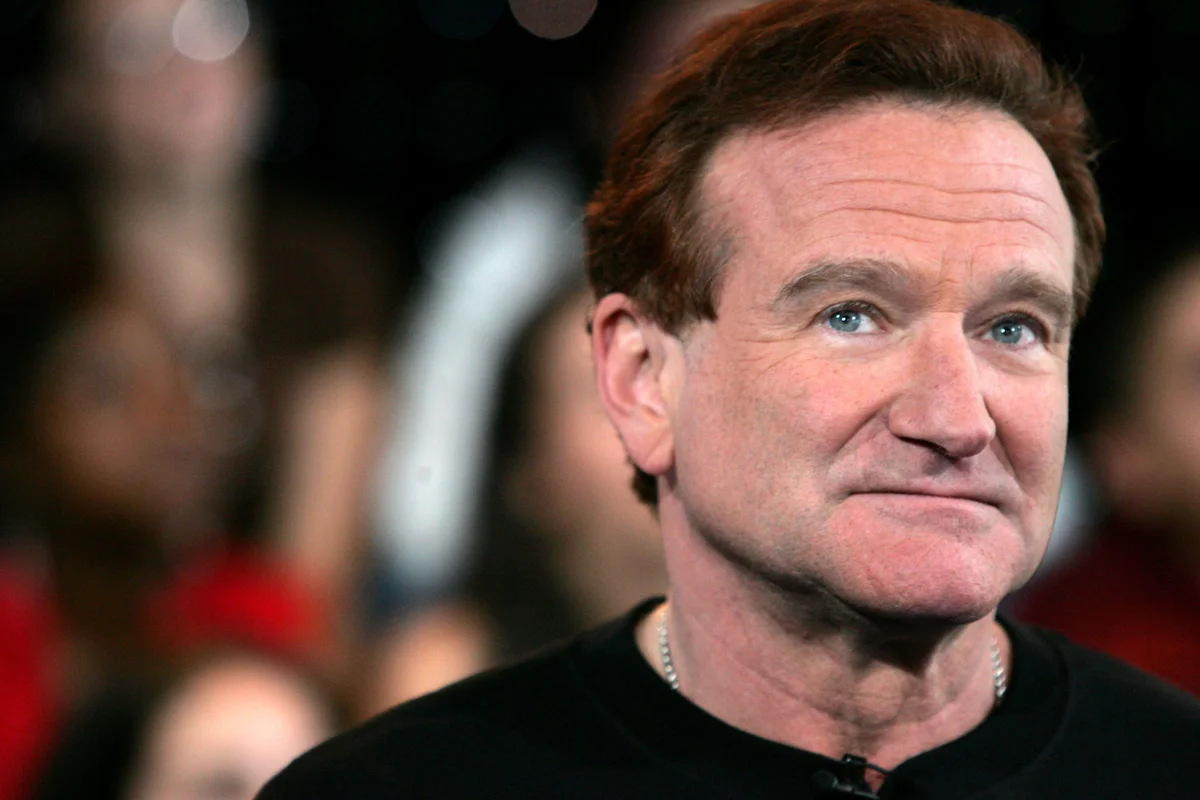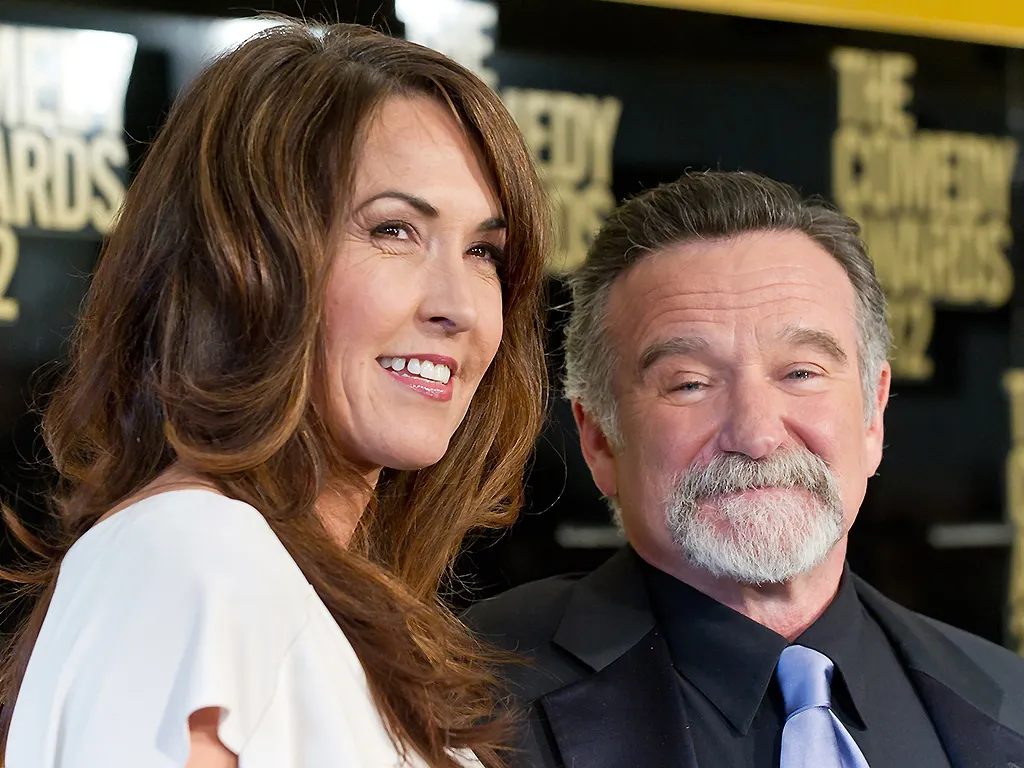In the digital age, the line between homage and intrusion blurs with advancements in technology. Recently, Zelda Williams, the daughter of the late, great comedian Robin Williams, voiced her concerns over AI recreations of her father, branding them as “personally disturbing.” This statement underscores a growing debate around the ethics of digital resurrection and the impact on the families of those replicated.

The Heart of the Matter
Zelda Williams’ discomfort with AI portrayals of Robin Williams brings to the forefront questions about consent, memory, and respect for the deceased. The use of AI to mimic the likeness and talent of individuals who have passed away raises critical ethical considerations. It challenges us to consider where we draw the line between celebrating a person’s work and exploiting their legacy.
Robin Williams, renowned for his unparalleled energy and genius in both comedy and drama, left an indelible mark on the world of entertainment. His sudden passing in 2014 left fans and family alike grappling with a profound loss. The idea of AI recreations of Williams, therefore, touches a sensitive chord, blending the marvels of technology with the sanctity of human memory.

Ethical Implications and Public Sentiment
The technology behind AI recreations is nothing short of revolutionary. However, Zelda Williams’ stance highlights a significant concern: the lack of consent from the individuals being replicated and the potential for such technology to be used in ways that might not align with their values or wishes. Her words serve as a reminder that behind every image and voice resurrected by technology, there’s a human story, a family, and a legacy that deserves to be handled with care.
Public sentiment echoes Zelda’s concerns, with many expressing unease at the thought of seeing beloved figures like Robin Williams brought back to life on screen without their consent. This reaction underscores the need for a dialogue about the boundaries of AI in entertainment, the respect for individuals’ legacies, and the rights of their families.
Robin Williams trying to offend as many people as possible pic.twitter.com/AI9Oai2fci
— Historic Vids (@historyinmemes) February 19, 2024
Zelda Williams on AI Replication
As we move forward, the conversation initiated by Zelda Williams about AI recreations of her father invites us to reflect on the broader implications of this technology. It prompts questions about the ethical frameworks that should guide the development and use of digital resurrection technologies. Moreover, it encourages a discussion about how we can honor and celebrate the contributions of iconic figures like Robin Williams in a manner that respects their memory and the wishes of their loved ones.
While the potential of AI to bring back to life the personas of those we’ve lost is captivating, it also requires us to tread carefully. Zelda Williams’ heartfelt statement opens up crucial conversations about respect, consent, and the preservation of legacies in the digital era. As we navigate these uncharted waters, it becomes clear that the voices of those directly affected by these technologies must guide us.
Ensuring that our advancements in AI serve to honor, rather than disturb, will be paramount in maintaining the dignity of the legends we seek to remember.










